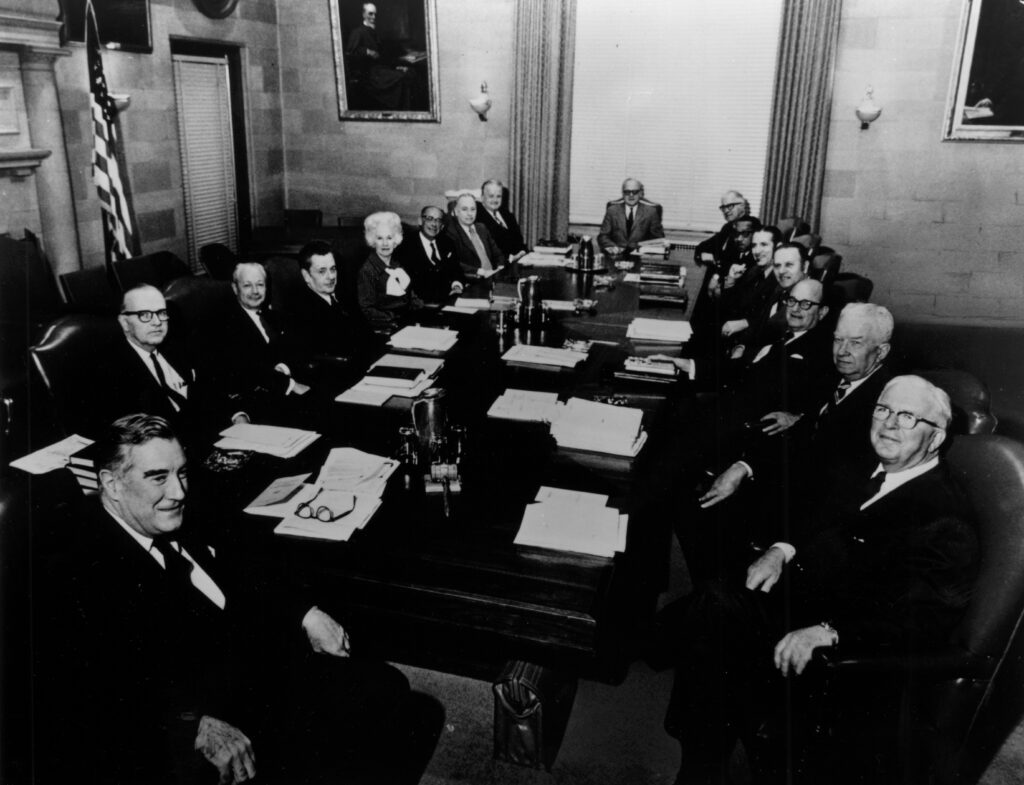Dr. Clark’s Organizations, Affiliations and Honors
Northside Center for Child Development (1946-1966)
Professor Clark co-founded this organization with his wife, Dr. Mamie Phipps Clark, to foster the healthy development of children and families, seeking to empower them to respond constructively to negative societal factors including racism and deprivation. Today, Northside provides comprehensive high quality mental health and educational services, coupled with research to assist children and families to develop to their full potential.
Harlem Youth Opportunities Unlimited (HARYOU) (1962-1964)
Professor Clark served as Chairman of the Board of Trustees of this action program aimed at increasing the chances of a more effective life for the youth of central Harlem.
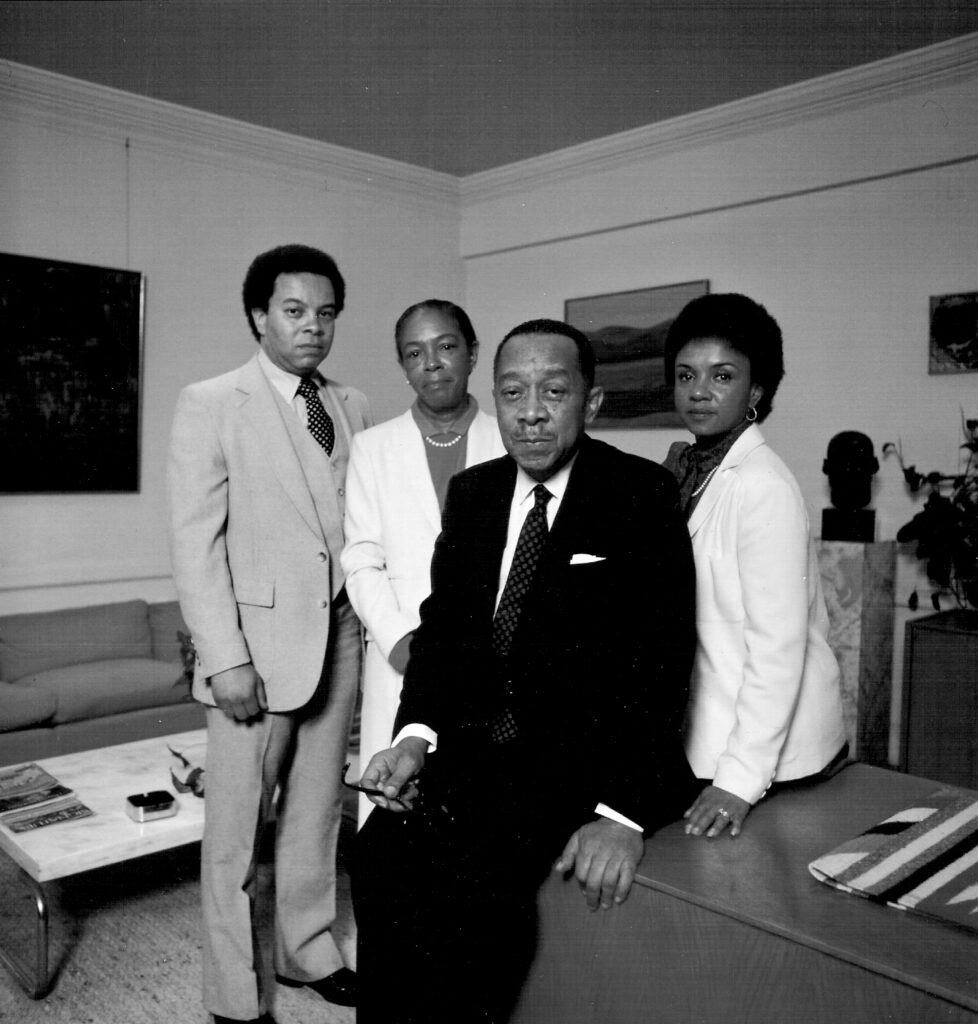
Metropolitan Applied Research Center (MARC) (1967-1975)
Professor Clark established and served as president of this research organization to utilize trained intelligence as an agent of social change on behalf of the poor and powerless in American society. Fact-finding and analysis were to be the keys to a program of social action.
Board of Regents, State Education Department, University of the State of New York (1966-1986)
This organizational body oversees and directs educational policy for all educational institutions in New York State as well as the awarding of accreditation. Professor Clark was the first African American to be appointed to this body.
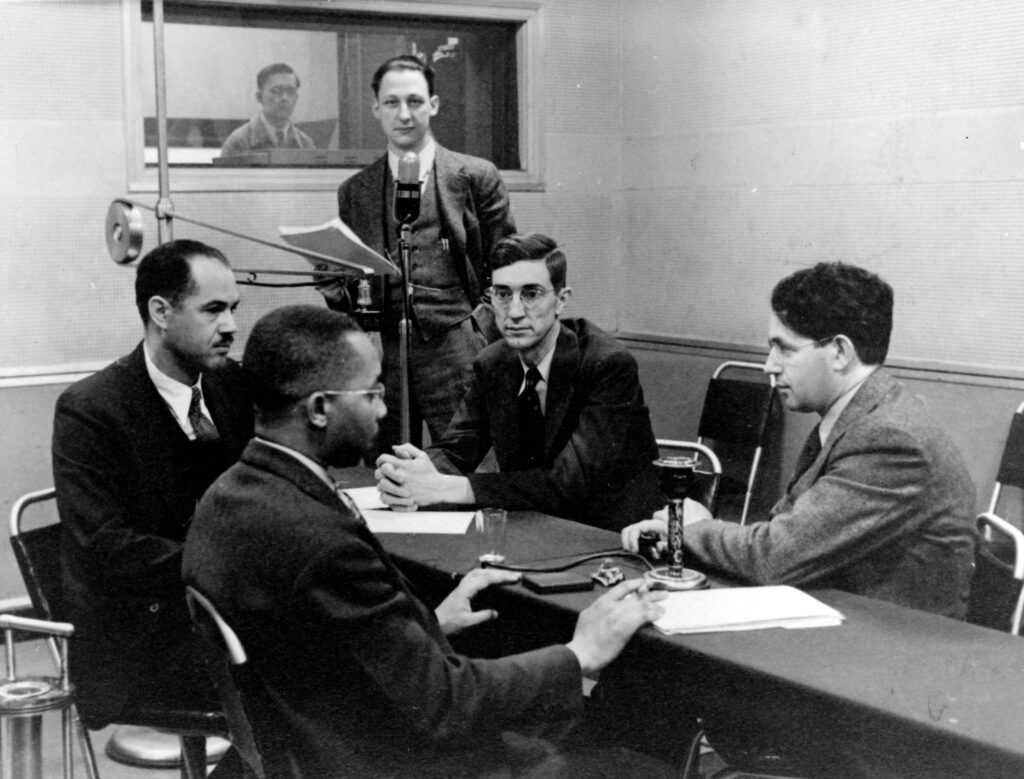
New York State Urban Development Association (1968-1975)
Dr. Clark served as one of the nine members of the Board of Directors of this cooperative governmental agency of the state which includes a political subdivision and a public benefit corporation.
American Psychological Association (President 1971-1972)
This scientific and professional organization represents psychology in the United States and is the largest association of psychologists worldwide.
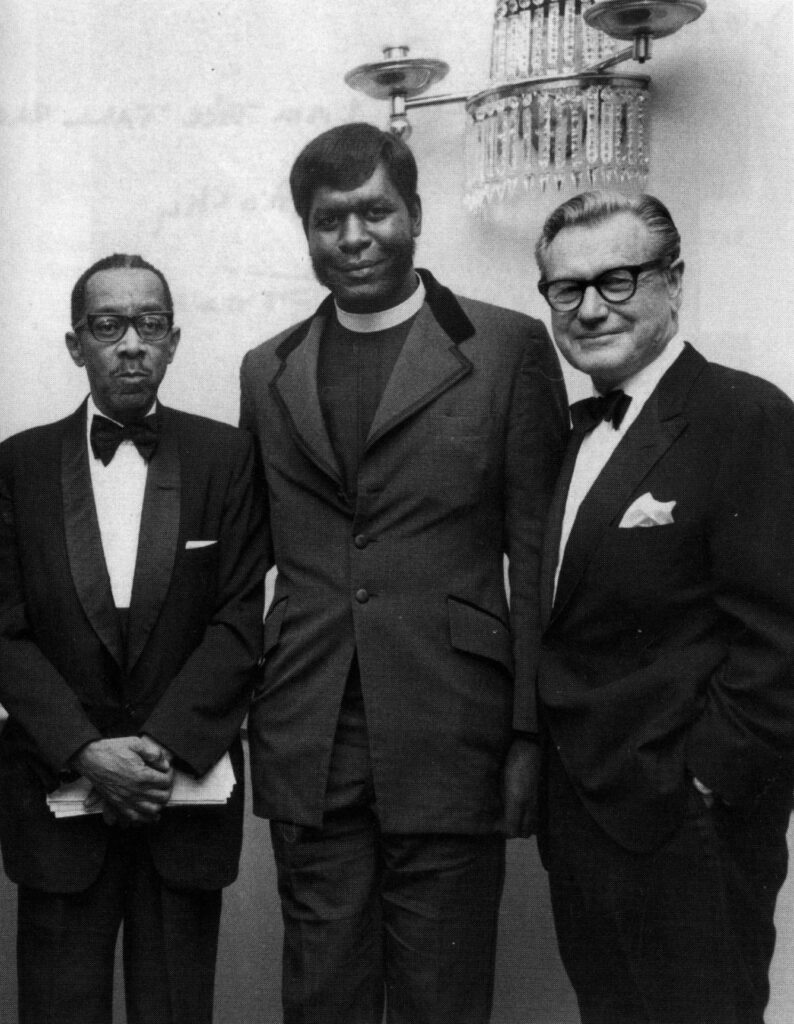
Clark, Phipps, Clark & Harris (President 1976-1986)
Following his retirement from the City College of New York, he started a consulting firm with other members of his family. This firm offered services to private companies, government agencies, law firms, civil rights groups, and to educational organizations outside of New York State. His position as a member of the New York State Board of Regents prevented the firm from offering services within the state.
Kenneth B. Clark & Associates (President 1986–1994)
Dr. Clark continued offering private companies and governmental agencies consultation to design and implement Affirmative Action and minority hiring programs. The firm flourished attracting such clients as Consolidated Edison, Chemical Bank and AT&T.
Honors and Awards
Rosenwald fellowship, 1939-1941, which funded research on effects of racial segregation on pre-school African American children. This allowed Drs. Kenneth and Mamie Clark to devote full time to their research interest and develop newer methods of a coloring test and a doll’s test. Their findings were published in several journals and textbooks (K.B. Clark & M.P. Clark, 1939; K.B. Clark & M.P. Clark, 1940; K.B. Clark & M.P. Clark, 1947; K.B. Clark & M.P. Clark, 1950; Swanson, 1952; Maccoby, 1958).
Spingarn Medal, National Association for the Advancement of Colored People (NAACP), created in 1914 by Joel Elias Spingarn, Chairman of the Board of the NAACP. This gold medal, awarded annually for outstanding achievement by an African American, was presented to Dr. Clark in 1961.
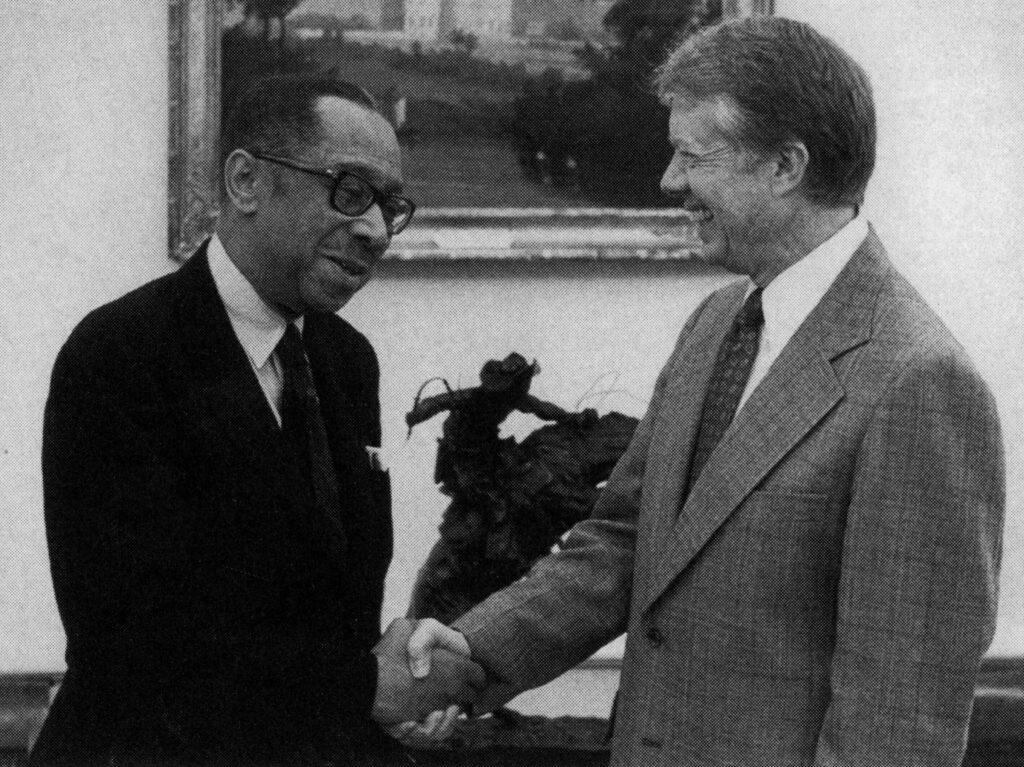
Four Freedoms Awards, first presented in 1982 to those who have demonstrated achievement following the principles outlined in the “Four Freedoms” speech President Franklin D. Roosevelt gave to the U.S. Congress on January 6, 1941. Medals are given for Freedom of Speech, Freedom of Religion, Freedom from Want, and Freedom from Fear. Professor Clark received the Freedom of Speech Medal in 1985.
25 Honorary doctorate degrees from colleges and universities including Columbia University, Johns Hopkins University, Princeton University and Georgetown University.
John H. Finley Medal, Alumni Association of The City College of New York. The Finley medal, awarded annually to those who exemplify dedicated service to the community, was presented to Dr. Clark in 1992.
